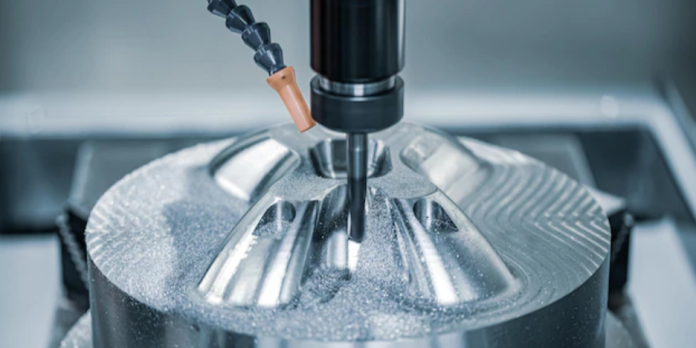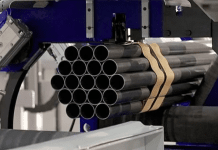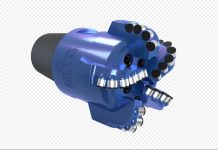When you’re working with CAD software to design your parts, it can be easy to just keep drawing and revising until everything is perfect. But sometimes, reality sets in — maybe your part doesn’t look quite right. If you have access to a CNC machine, however, there are a number of ways that you can make your CNC machining parts look better. This article explains five different techniques for making the CAD designs of your CNC machined parts look more realistic. These tips will help give any piece of equipment or geometric object that you design an extra punch of realism and visual appeal.
Add screws and rivets
Screws and rivets are the best way to make any CAD designs for a machine part look even more realistic. It’s important to make sure that your screws and rivets are drawn at the right scale. Too small, and they will look tacky and out of place. Too large, and they could cause an issue with the machine. Screws and rivets can be added in a wide range of colors, so you can make your part seem like it’s more realistic than it really is. To draw in screws and rivets, you can either use a CAD software program like a specialist CAD machine or use a drawing program such as a pen and paper. Many CAD programs have a built-in option for drawing in screws and rivets. You can also use specialized screws and rivets drawing tools, such as the ArcGuru Screws and Rivets Drawing Tool.
Change the color of the material
If your CAD designs are looking a little too real, you can change the color of the material that you’re drawing. This is a great way to make your part look more realistic, while satisfying the demands of your design and manufacturing processes. You can change the color of your material to an orangey or browny color to make your part look less like a digital CAD drawing and more like a piece of equipment that you would find in an industrial manufacturing facility. You can also change the material properties to make the material softer or harder, so it looks more like a real material. If you’re working with a specific metal, you could change the material to a softer material to make the part feel like it’s made of the real thing.
Add a trim profile or molding
This is a simple way to make your part look more realistic without much effort. Simply add a trim profile or molding to the CAD drawing. Trim profiles are designed to look like the edge of a part, while moldings are designed to look like the grooves and channels that are common on machinery. Both of these materials are good additions to CAD drawings, and they will make your part look more like a real piece of machinery. Moldings are available in a wide variety of colors, so you can make your part look even more realistic. You can also use both a trim profile and a molding at the same time, or use different materials for each. You can also try drawing your part on paper first, then importing the drawings into your CAD software. This can help to guide you through the drawing, and make sure that you’re adding all the right details.
Use an abrasive finish to add a worn look
An abrasive finish is designed to give a worn look to the surface of a machine part. It can be used in a wide range of materials, so if you have a CAD drawing for a metal part, you can use an abrasive finish to give it a worn look. This can be a great way to make your machine drawings look more realistic. You can add an abrasive finish to a drawing of your part, and then make sure that it has a worn look. This can be done by lightly sanding the drawing until it has a weathered, old look. You can also use different abrasive finishes to achieve different looks. Some finishes, such as RCH Plastic Finishing’s abrasive plastic, look like they’ve been worn down by use.
Don’t forget the grip tape and labeling
If your CAD designs are looking great, but you’re missing the small details, don’t forget the labels and grip tape! Every CNC machine part should have labels that indicate its part number, material, and dimensions. Most machine manufacturers also provide a piece of grip tape to help protect the part while it’s stored on the machine. If you’re working with a design for a large machine part, you may also have to think about how you’re labeling your drawings. This is especially true if you’re using a laser cutter to make your CAD designs. Labeling the CAD drawings for your machine parts is important for several reasons. If a drawing for your machine parts is lost, you may never be able to make it again. If a drawing for your machine parts is mislabeled, it could cause problems for the machine itself.










